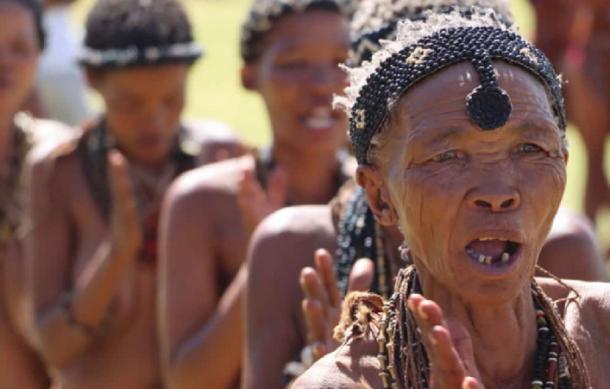
The Ministry of Gender Equality, Poverty Eradication, and Social Welfare (MGEPESW) is calling on some locals to stop using people from marginalised communities for cheap labour.
The Deputy Director of Marginalised Communities, Rebekka Namwandi, says the practice is inconsiderate and has to stop.
Namibia is home to three marginalised communities: the San, Ovatue, and Ovatjimba.
Sometimes, various locals take them in with the intention of fostering them, but in reality, that's not always the case.
"These are humans like any other human beings. If you take in a child and the mother says you're going to look after the child, please ensure that the children are well looked after for their welfare. You find instances where the kids are taken to be fostered; apparently, these people are taking in these kids so they can benefit from the special feeding scheme. Now how do we feed an entire household from another community just in the name of one child?"
Namwandi says there are examples of children from marginalised communities who eventually end up on the street.
"I can give a classic example of people that are currently living in 8th Laan, Windhoek, outside Otjomuise. These are mostly children who were raised in other communities. And once the main parent, or maybe the grandmother or father who has taken in this child, has passed on, The living relatives, in most cases, chase away these kids, and they have nowhere to go. And in most cases, they are taken away from their parents when they're still small, and they cannot even remember where their parents are. So we find our people in the streets."
Namwandi is convinced that, despite the ordeals many marginalised people go through, there are still positive stories that can be used as motivation.
"We had a child who was taken away from the parents as a nanny to look after other people's kids at the age of 12. Eventually, the child who decided to go to school dropped out of school due to pregnancy and went back to school again. And eventually she managed to pass a grade 12 with 34 points. It takes courage. It takes self-motivation for that person to do that, and not every member of the marginalised communities or every child is that self-motivated to get out of those situations. The child who is now intending to study nursing is at the University of Namibia, IUM. She is available, and we can use it as a motivating factor to advocate."
The Deputy Director says, despite the many programmes offered by the government, the only way to end marginalisation is to ensure that the children from those communities stay in school.
"If we can have as many children that are educated that can enter the job market that can qualify to go to the Namibia Defence Force, the Police Force, or the Correctional Services that can be lawyers and also into other fields, the only way that we can end marginalisation is through education."





